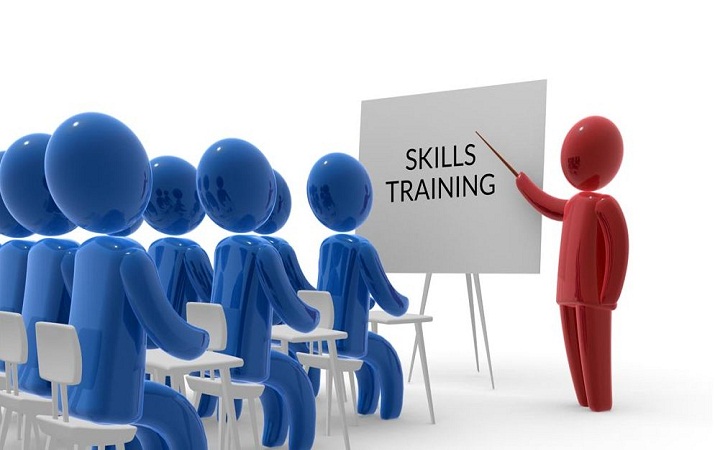Ever since the inception of formal higher education in various parts of the world, from 1636 in Cambridge, Massachusetts to 1948 in India, the clash of skilling or apprenticeship versus higher education has existed. For the longest time, higher education has imparted and taught the skills required for an individual to thrive in the world. But, recently, this has come into question – Does higher education equip the students of today for the workforce of tomorrow?
The question resonates across the globe and in India too. A recent Annual Employability Survey by Aspiring Minds found that 80% of Indian engineers are not fit for any job in the knowledge economy1. In an economy and world that thrives on technology, this fact does not bode well. Though there is strong intent from the current government to change this challenge into an asset, we will have to wait a few years to see its action on the ground. In terms of Technology, that time span can be considered a few decades or more.
Ironically, the industrialized world is encountering an unmatched vocation boom especially in terms of technology. There are jobs in every position imaginable but there is a clear lack of skill requirement for the job. For example, employers often share their concern that even when graduates come with above average academic credentials they probably would not have learnt what they are expected to be able to do on their job. Though this has not been true in the case of an Ivy League education or an IIT/IIM based education, it remains a small number in comparison to the overall number of graduates across India. On the other hand, skilling courses have been niche and to a shorter time period in comparison to a university degree. The focus on making oneself the best in the field has driven the individual to better oneself and gain employment. But the lack of extensive theory behind the practice brings questions of legitimacy to the skill training imparted.
World Economic Forum in its 2018 report, The Future of Jobs highlights the fact that new categories of jobs will emerge, partly or wholly displacing others. Therefore, the skill sets required in both old and new occupations will change in most industries and transform how and where people work. Therefore, there is an increased level of awareness for the need for skilling. In India, there are multiple skill development models spearheaded by The National Skills Development Corporation (NSDC) launched in 2009. This was followed by Skill India mission in 2015 and the Pradhan Mantri Kaushal Vikas Yojana (PMVKY) in 2016. Despite the progress made so far learners still face multiple challenges on their skilling journey.
Read article: Higher Education Conclave today
In comparison to the globe, India’s journey in skilling is still in its nascent stages. The global gig economy has been the driving force in United States of America and Europe to rethink their strategies in upskilling and reskilling their labour force. If India is a toddler in terms of skill development, countries like Japan, Britain, Denmark, Norway, and Taiwan are in their adolescence. On the other hand, India is committed in transforming itself as the skill capital of the world and premeditated efforts such as the India International Skill Centre (IISC) programme are evidence of this. A new IISC network has been proposed to lead potential emigrants with a focus on skills tests, upskilling, language and pre-departure orientation. Hence, there is still hope that India can catch up to the global standards in the skilling race.
In today’s fast changing and technology driven world, the traditional higher education is being slowly chipped away. By one popular estimate, 65% of children entering primary school today will ultimately end up working in completely new job types that don’t yet exist. In such a rapidly evolving employment landscape, the ability to foresee and prepare for future skills requirements is a need more than a luxury. The aggregate effect on employment is increasingly critical for businesses, governments and individuals in order to fully seize the opportunities presented by these trends—and to mitigate undesirable outcomes. Though the white elephant in the room still stands, whether to take the route of skilling or higher education; the world today has the room for both to grow
Despite the argument and banter, the goal at the end of the tunnel is to make India a skills reservoir which in turn can contribute to Indian economy and global advancement. Right now, the iron is hot on the decision to be made on how India will readapt in bringing skilling to the population. Given its need and importance, we hope to see skills on the same pedestal as higher education.
Courtesy: hindustan times
Download uLektz Apps for Latest Educational News / Events / Scholarships
Follow us: #facebook #twitter #linkedin also enroll our skill course
